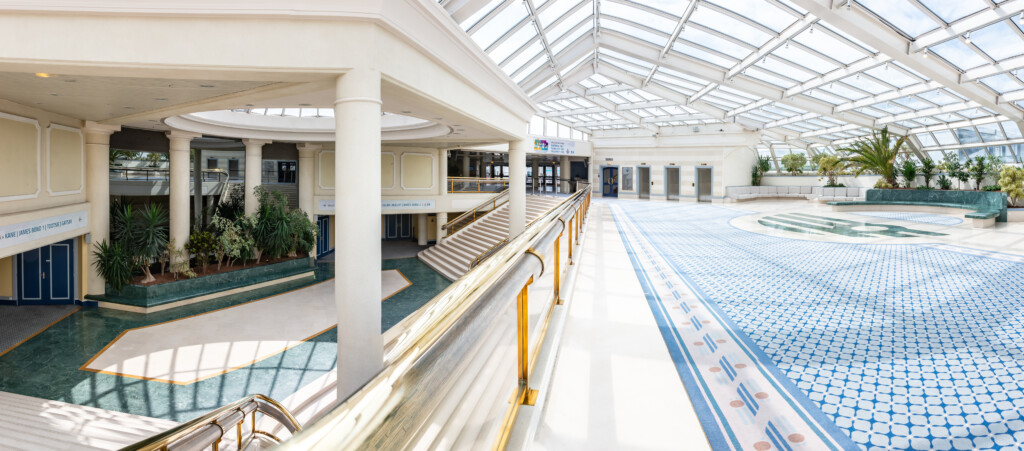What is a conference and what is its purpose ?

In the professional and academic world, conferences play an important role in exchanging ideas, presenting research and encouraging collaboration. But what exactly is a conference? What is its purpose and how is it organised? In this article, the events team at the Deauville Convention Centre give you a full overview of the subject.
What is a colloquium?
The word “colloquium” comes from the Latin “colloquium”, meaning “conversation” or “discussion”. A colloquium is therefore a privileged space where individuals with a common interest come together to engage in dialogue and create an environment conducive to the exchange of innovative ideas.
A conference is therefore an event organised by professionals or academics, bringing together a number of people to discuss a specific theme or issue. Participants may be researchers, experts, students or representatives of public and private organisations.
The main aim of a conference is to enable participants to present their research work, exchange ideas, compare their points of view and develop collaborations. It also serves to promote scientific and technical advances in a particular field, by providing a platform for communication and visibility.
Why organise a conference?
There are many reasons why organizers choose to set up a symposium:
- Disseminating knowledge: the main aim of a symposium is to enable researchers and specialists to share their discoveries and work with other members of the community, thereby promoting the spread of knowledge. The main aim is to share the results of recent research and help popularize them among a wider audience.
- Strengthening networks: fostering exchanges between researchers, institutions and companies, in particular to initiate new collaborative projects. The symposium fosters collaboration by offering participants the opportunity to establish contacts with other researchers and professionals, thus facilitating future collaborations and joint projects.
- Promoting research: providing a forum for researchers to present and discuss their work with peers and other experts in the field. By highlighting the latest advances in a specific field, the symposium encourages participants to pursue their research and explore new avenues of study.
- Continuing education: enabling participants to acquire new skills and knowledge in their discipline.
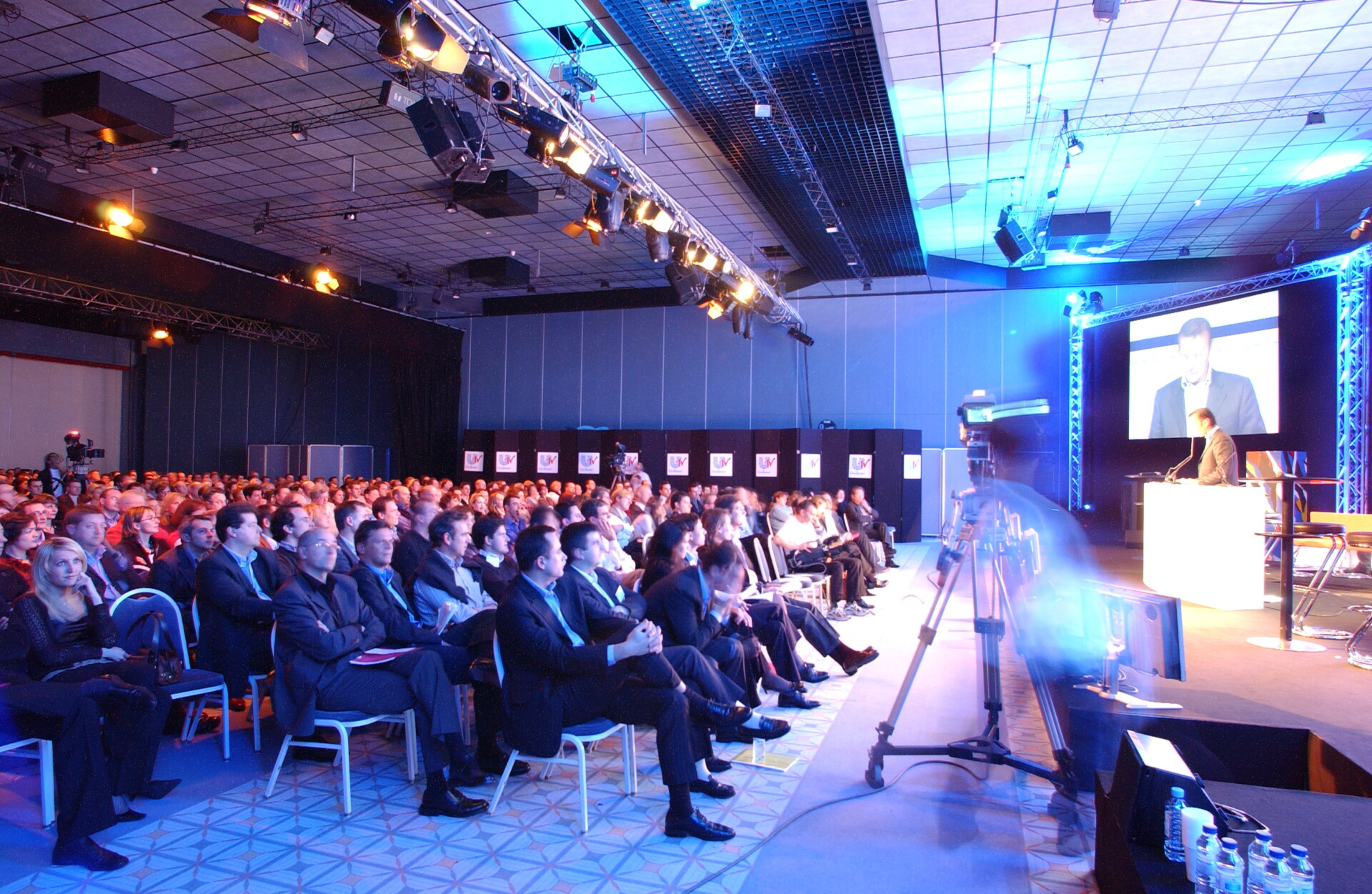
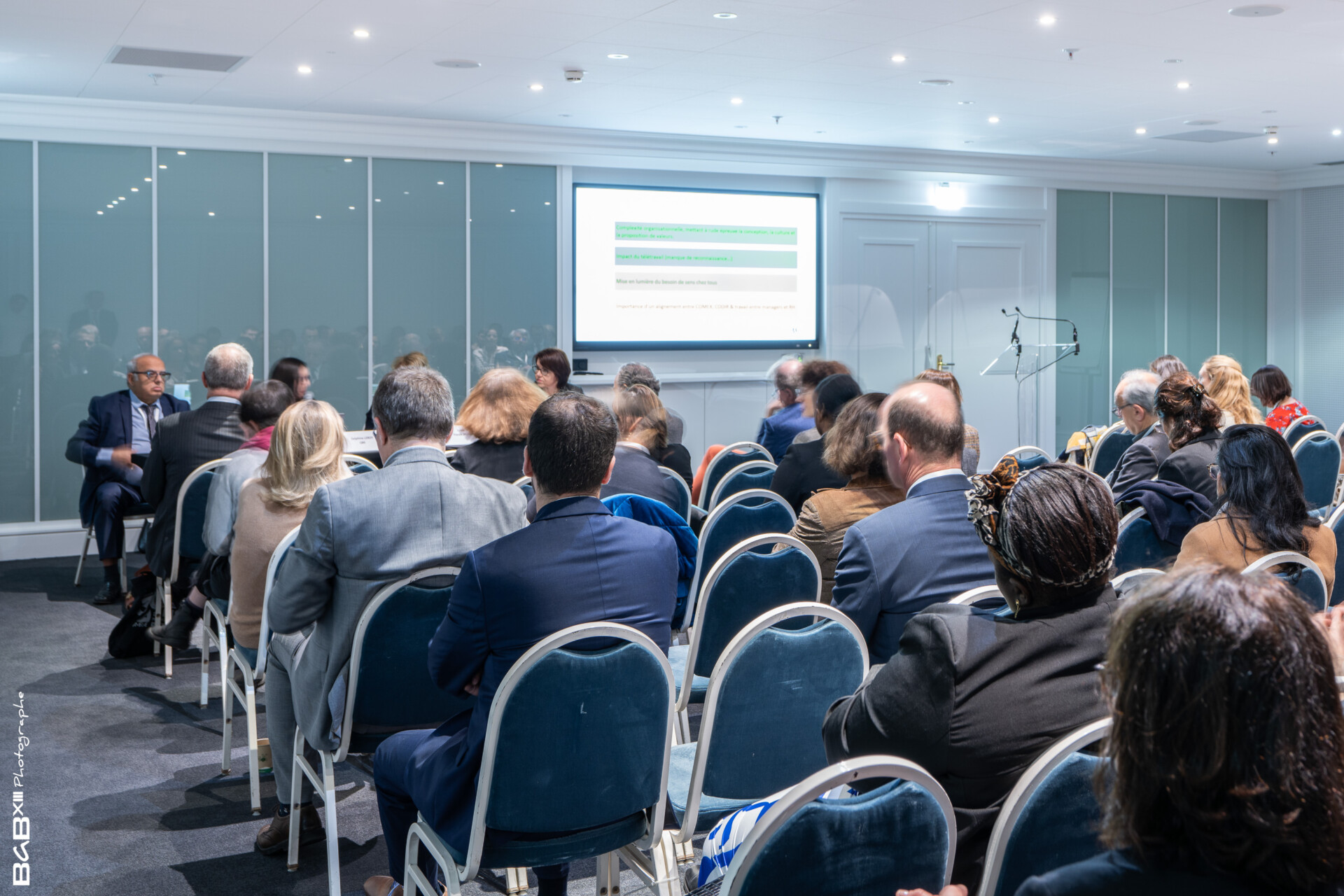
Characteristics of a symposium
Choosing a specific theme for the symposium
Each symposium focuses on a specific, clearly defined theme. The topic may be scientific, technological, cultural, social, economic or any other discipline.
Colloquium presentations
Colloquium participants are invited to submit proposals for papers in the form of scientific articles, abstracts or oral presentations. The best papers are selected by a committee of experts for presentation at the symposium sessions.
Guest speakers
Colloquium organizers can invite renowned speakers and experts in the field to give opening or closing addresses, bringing additional expertise and inspiration to participants.
Debates and discussions
After each presentation, a question-and-answer period is usually scheduled to encourage constructive exchange and debate. This provides an opportunity to compare different perspectives and deepen reflections.
Publication of proceedings
The work presented at a symposium is often published in the form of proceedings or collections of scientific papers. This helps disseminate knowledge and advances within the scientific community.
VISITE THE SPACES OF THE CID DEAUVILLE
How is a conference organised?
The procedure for a conference can vary according to its size, theme and target audience. However, certain stages are generally common to all conferences:
Conference: call for papers
The organisers issue a call for papers inviting researchers to submit their presentation or poster proposals. These proposals are then evaluated by a scientific committee, which selects the best ones for inclusion in the programme.
Registration for the conference
Anyone interested in attending the conference must register, often by paying a registration fee, to attend the various sessions and activities planned.
Presentations and workshops
During the conference, speakers will present their work in the form of plenary lectures, parallel sessions or posters. Workshops and round tables may also be organised to explore certain topics in greater depth and encourage exchanges between participants.
Publication of proceedings
After the conference, the organisers generally publish the proceedings, which include abstracts of presentations, posters and workshop reports. These proceedings help to disseminate the results of the conference to a wider audience.
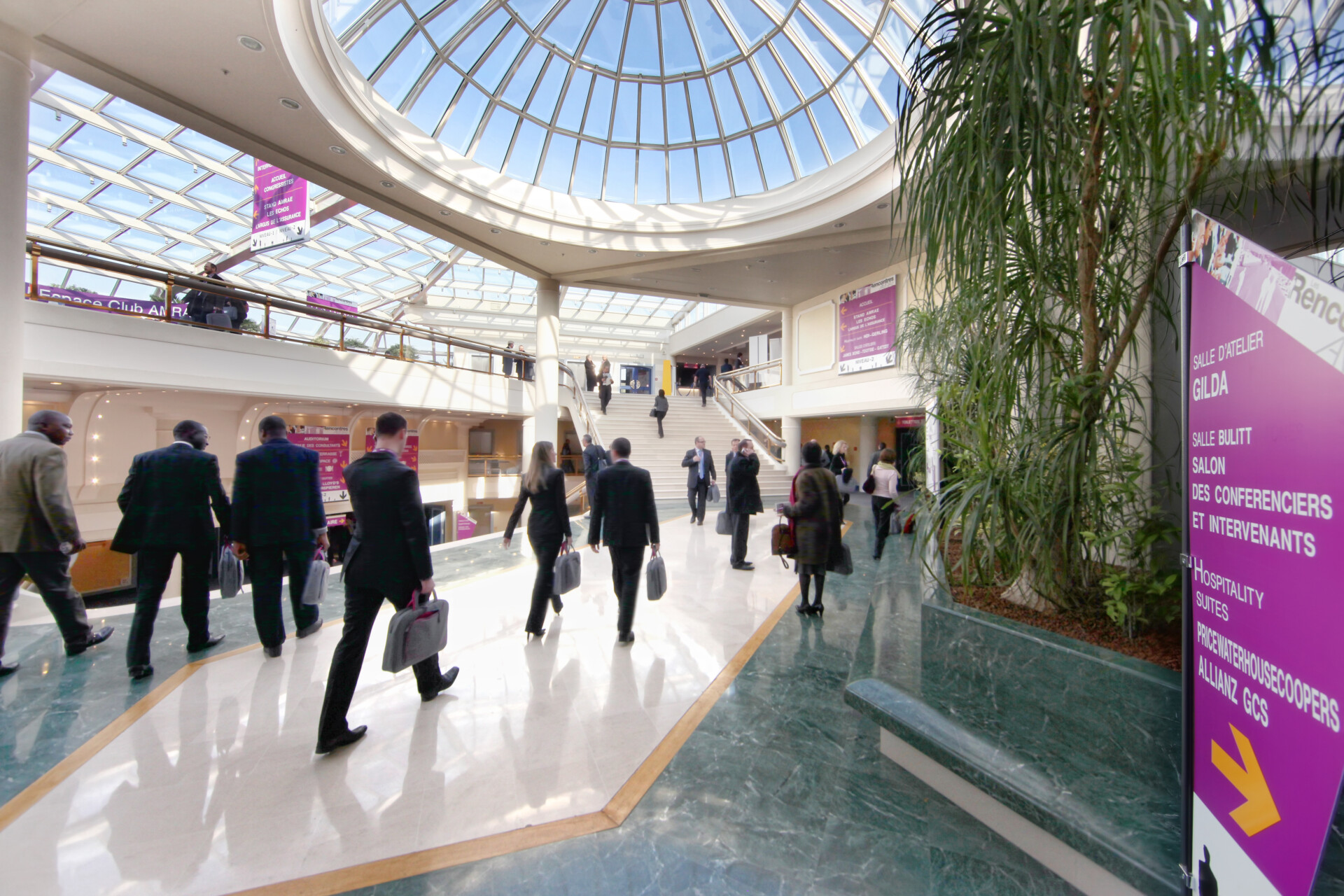

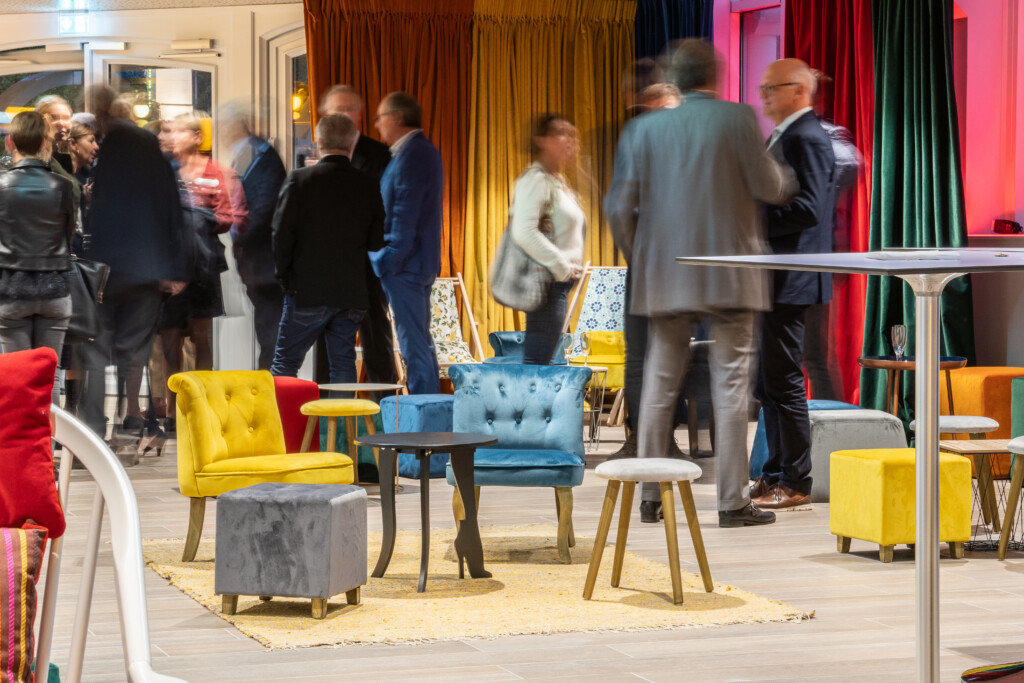
Organizing a symposium: action plan and management
Organizing a symposium requires rigorous planning and effective coordination between the various players involved. The Palais des Congrès de Deauville, the venue for major symposia in France, presents the main steps to follow in organizing a successful symposium:
- Defining the theme and objectives: this involves precisely defining the subject of the symposium, as well as the issues to be addressed and the questions to be tackled.
- Setting up the organizing team: this team must be competent and motivated, with members with complementary profiles (researchers, industry professionals, communication specialists, etc.).
- Drawing up a provisional budget: the costs of organizing the symposium (room hire, audiovisual equipment, catering, speakers’ travel expenses, etc.) need to be estimated, and possible sources of funding identified (subsidies, partnerships, registration fees, etc.).
- Choice of venue and date: it’s important to choose a venue that’s suitable for the size of the symposium and easy for participants to get to. The date should be chosen taking into account other similar events in the field and the availability of potential speakers.
- Colloquium promotion: an effective communication campaign must be put in place, notably via social networks, specialized websites and newsletters from partner institutions.
Follow-up and evaluation: after the symposium, it is essential to gather feedback from participants (satisfaction, suggestions for improvement) and analyze the results obtained (number of participants, quality of presentations, media impact) in order to draw lessons for the organization of future events.
What’s the difference between a colloquium, a conference and a symposium?
Although often used interchangeably, these terms actually refer to slightly different types of event:
- Colloquium: as we have seen, a colloquium is a scientific or professional meeting on a specific theme, with presentations of research work and discussions between participants.
- Conference: a conference is a presentation by an expert on a given subject, generally followed by a question-and-answer session with the audience. Unlike a colloquium, a conference focuses on the unidirectional transmission of knowledge, with no real debate between participants.
- Symposium: a symposium is similar to a colloquium, but smaller in size and often focused on a very specific issue. It generally brings together recognized experts in their field to discuss recent advances and future challenges.

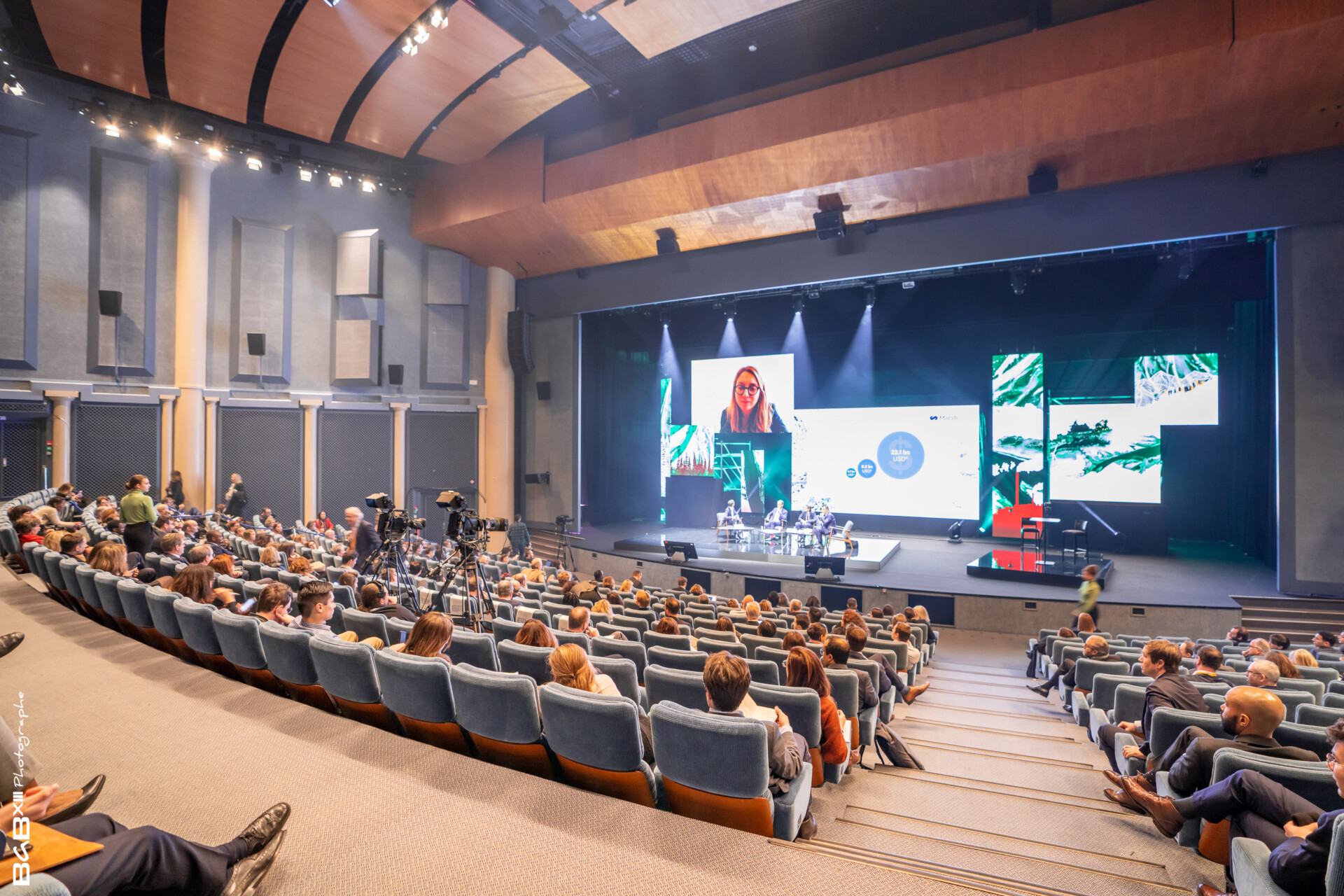
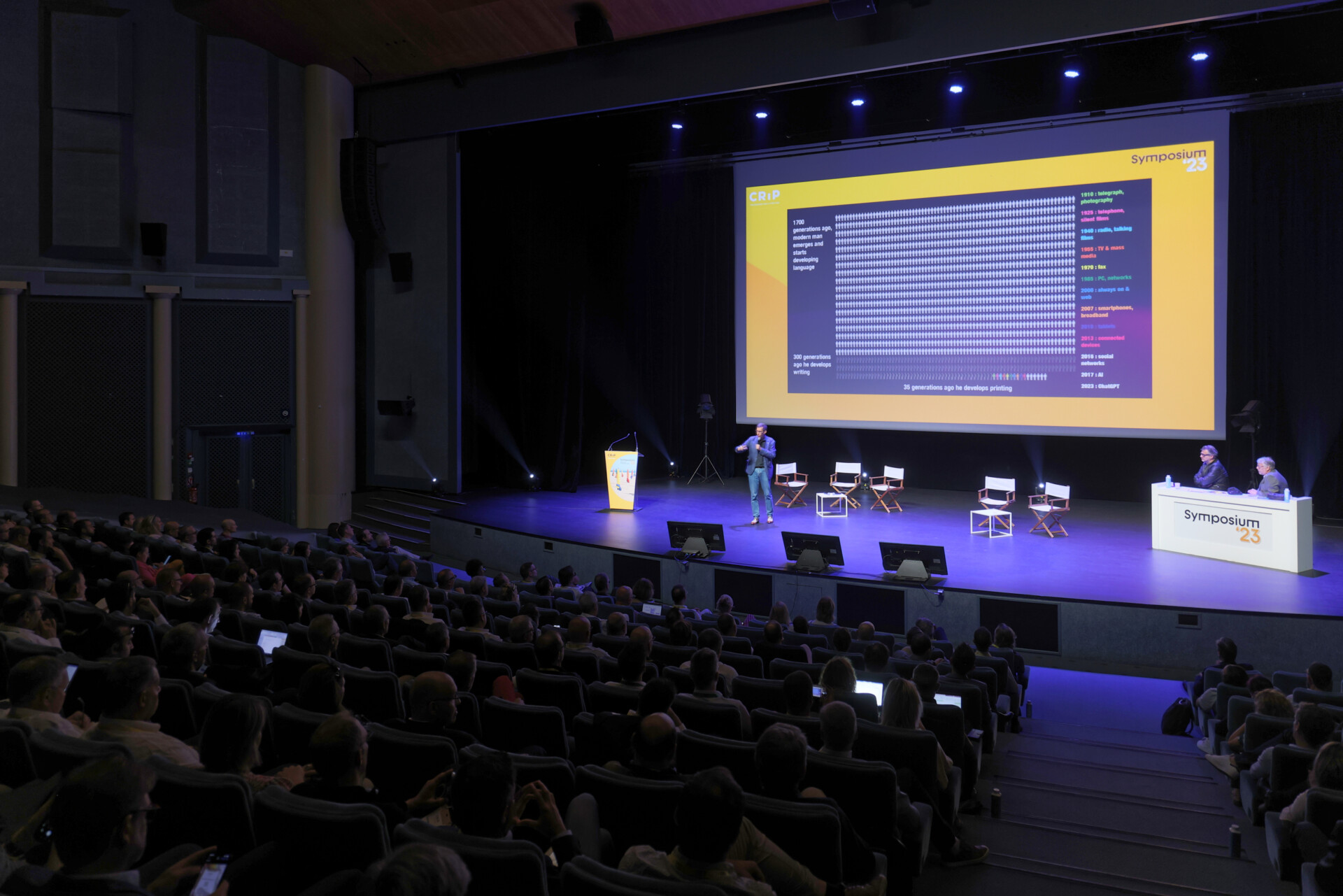
Why hold a conference at the CID Deauville Convention Center?
Choosing the right venue for a symposium is a crucial decision that can greatly influence the success of the event. The Palais des Congrès CID Deauville, located on the Normandy coast, offers a number of advantages that make it an ideal venue for a large-scale symposium. Here are just a few here are just some of the reasons why the Centre International de Deauville is an ideal venue for a symposium in France.
The Deauville convention center boasts modern, functional facilities
The Palais des Congrès CID Deauville boasts a modern infrastructure with all the amenities required to host a conference. It boasts well-equipped conference rooms, advanced audiovisual technologies, high-speed Wi-Fi connection and all the logistical equipment required to facilitate presentations and exchanges.
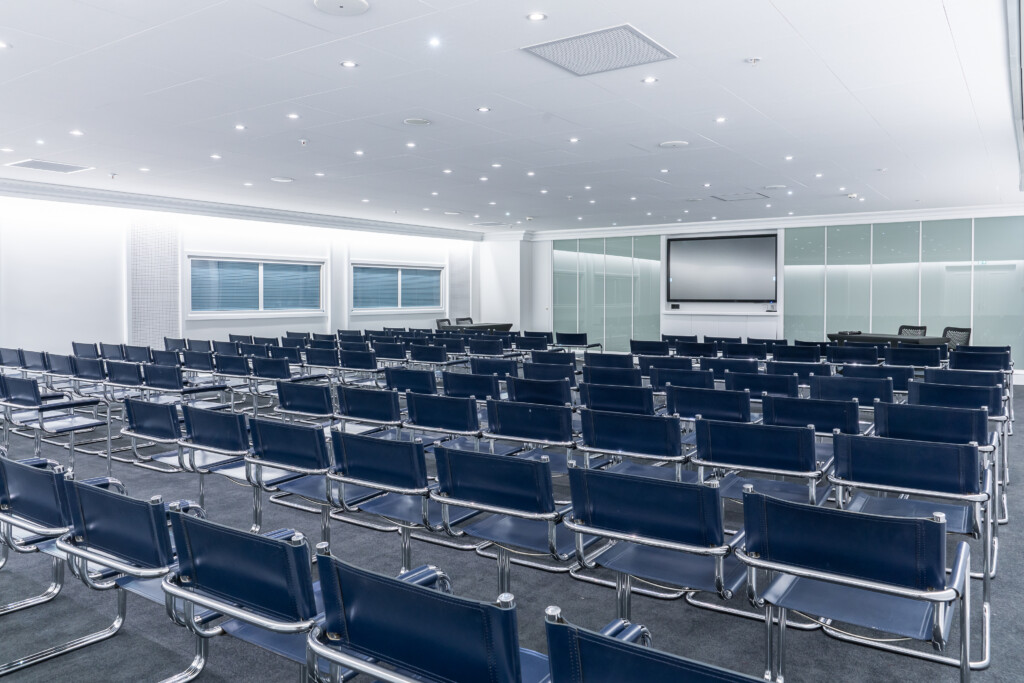
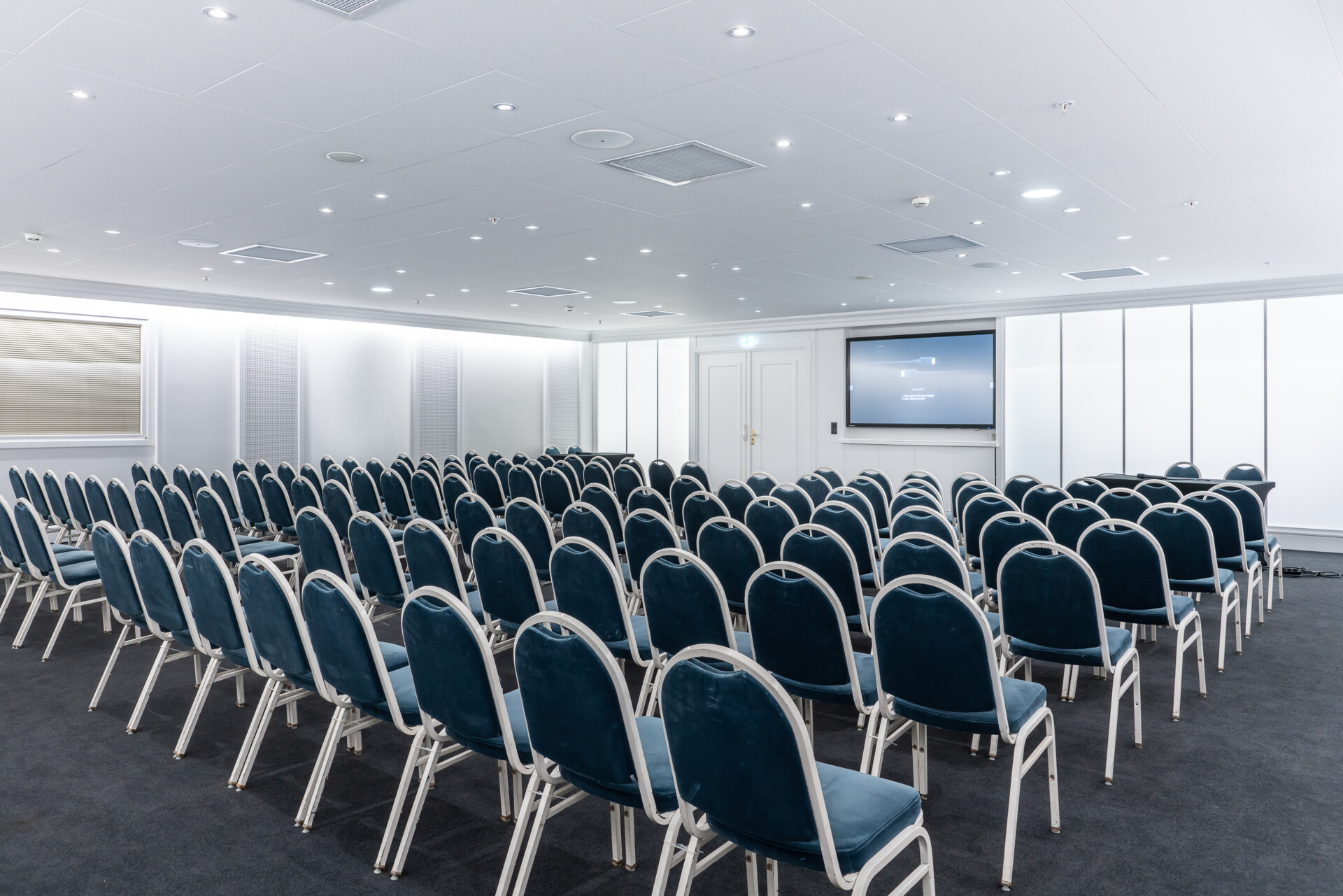
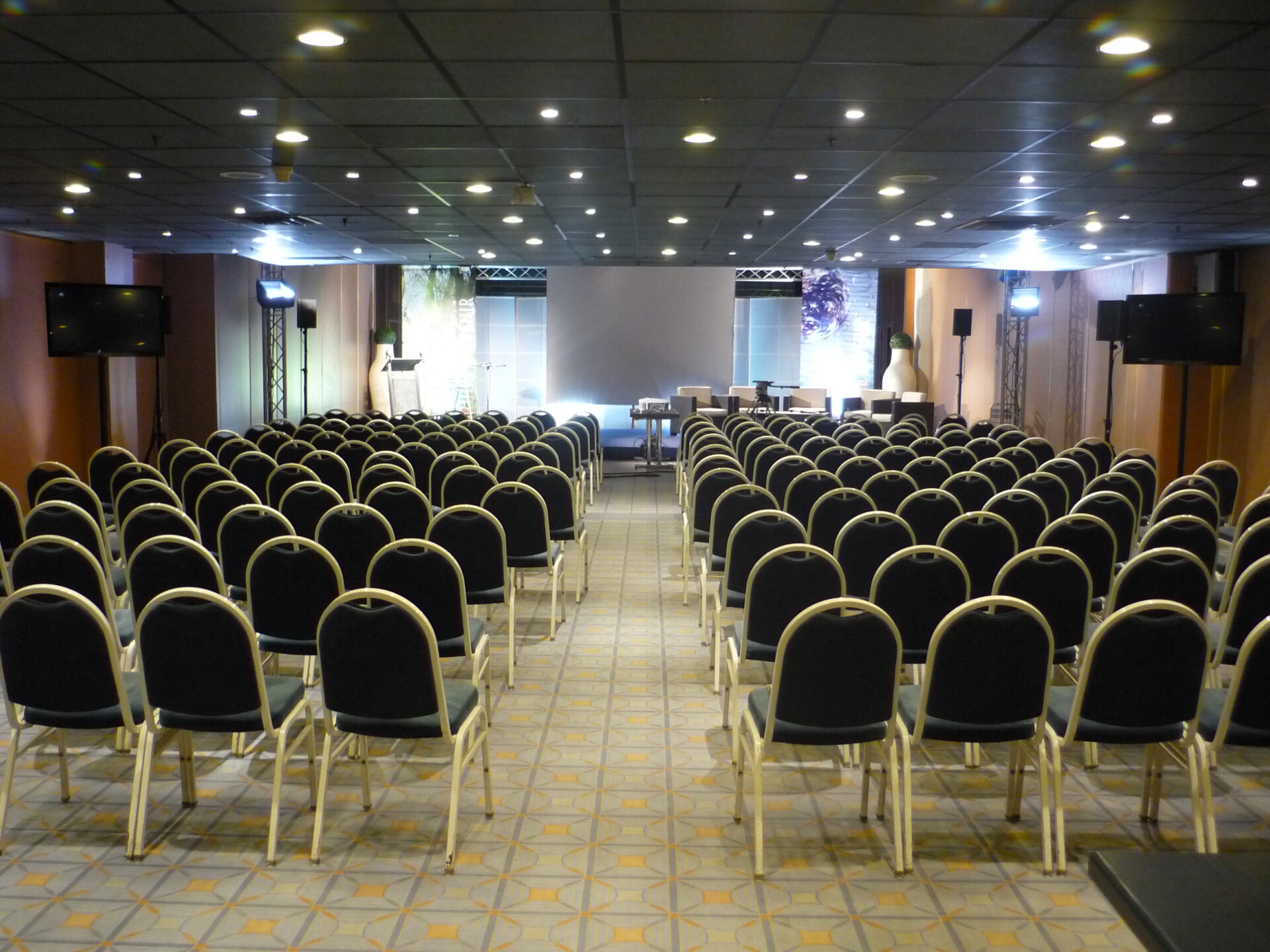
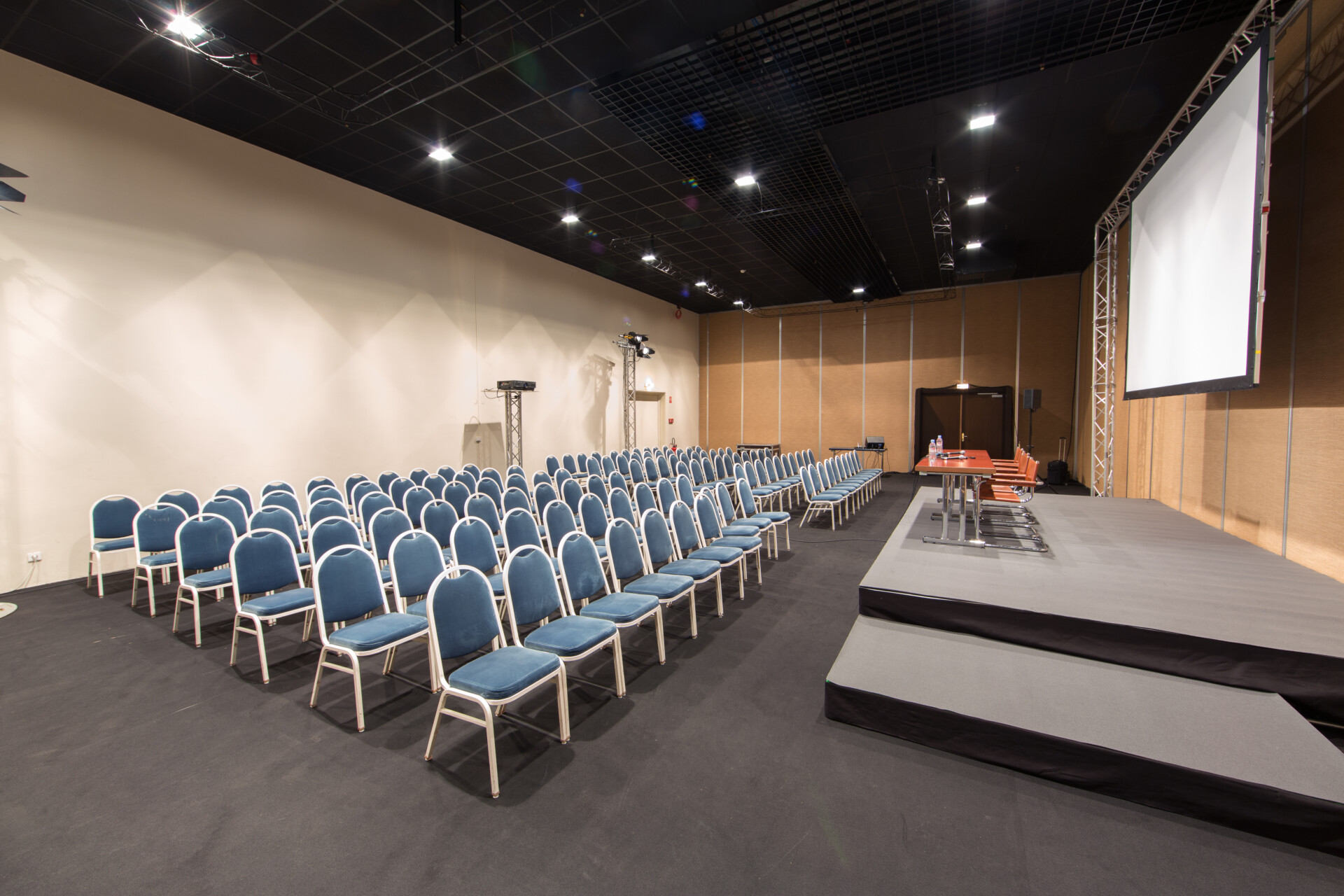
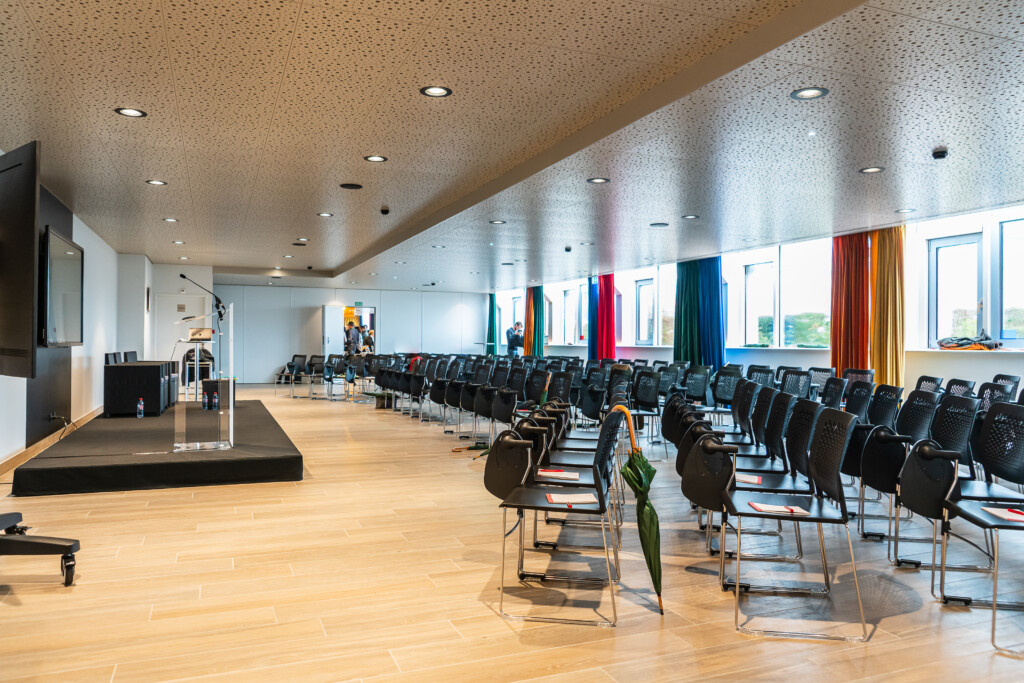
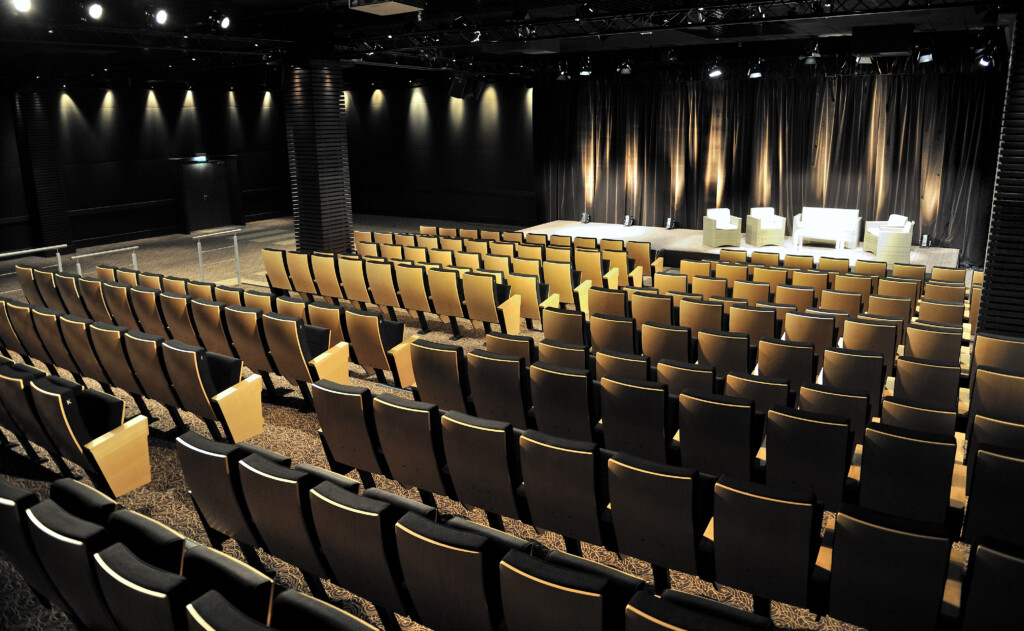
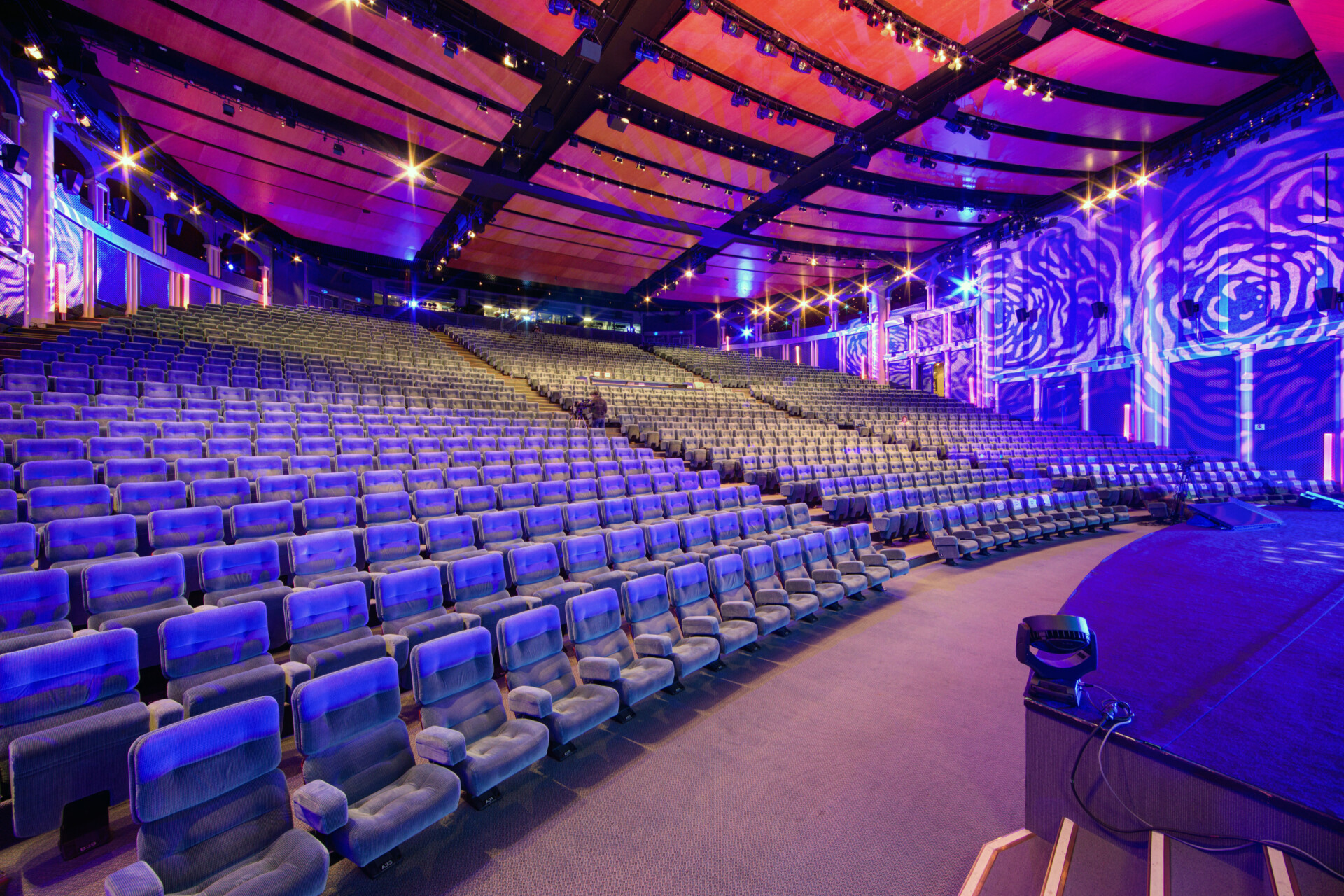
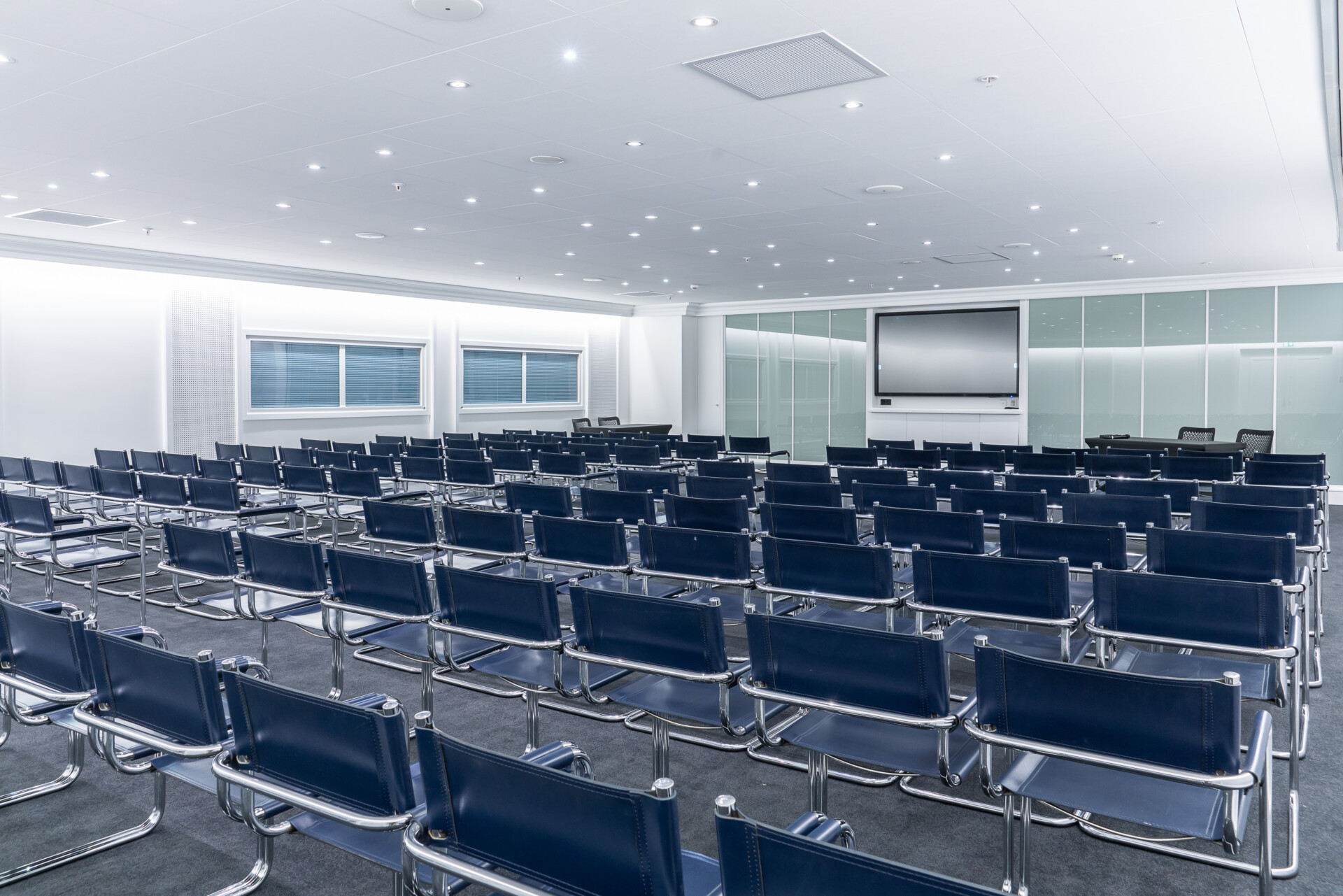
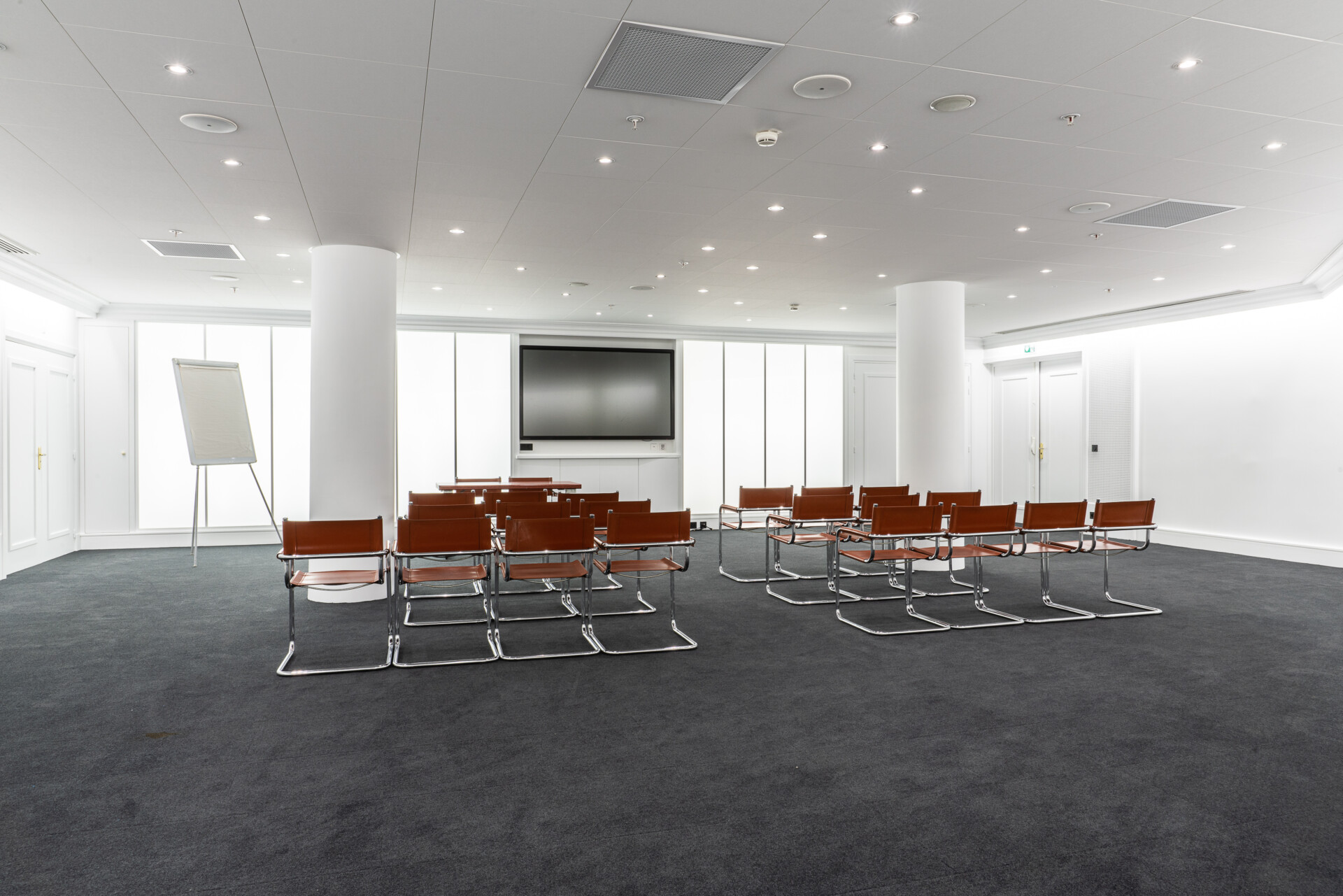
The Palais des Congrès CID Deauville has a large capacity
The Palais des Congrès CID Deauville has a large capacity, making it an ideal venue for conferences of all sizes. Whether the professional event is large or small, the space can be adapted to meet specific needs.
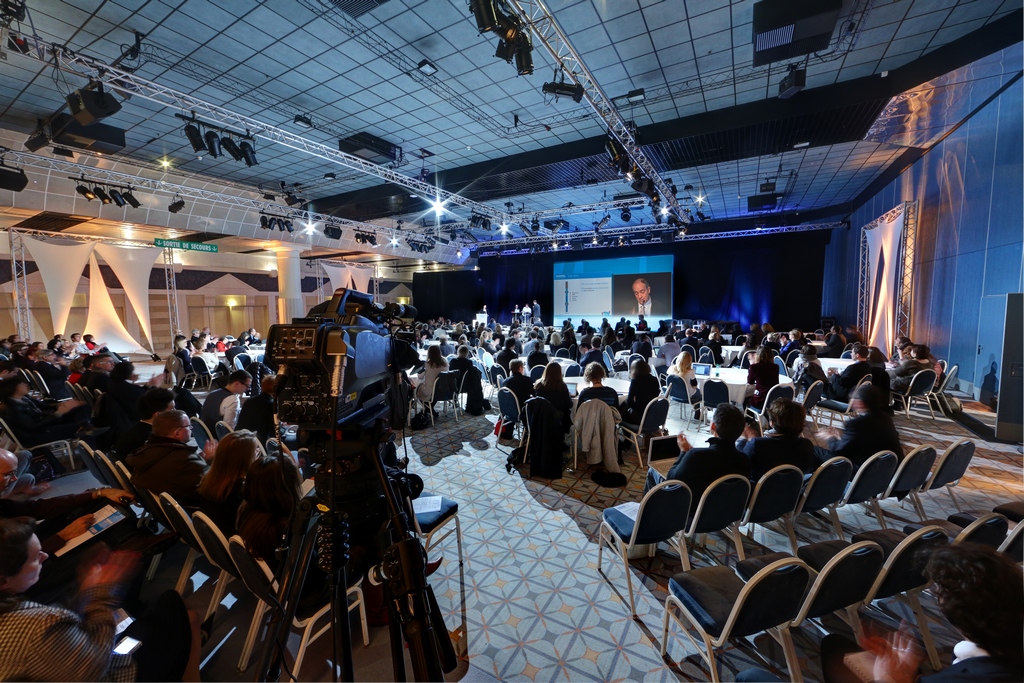
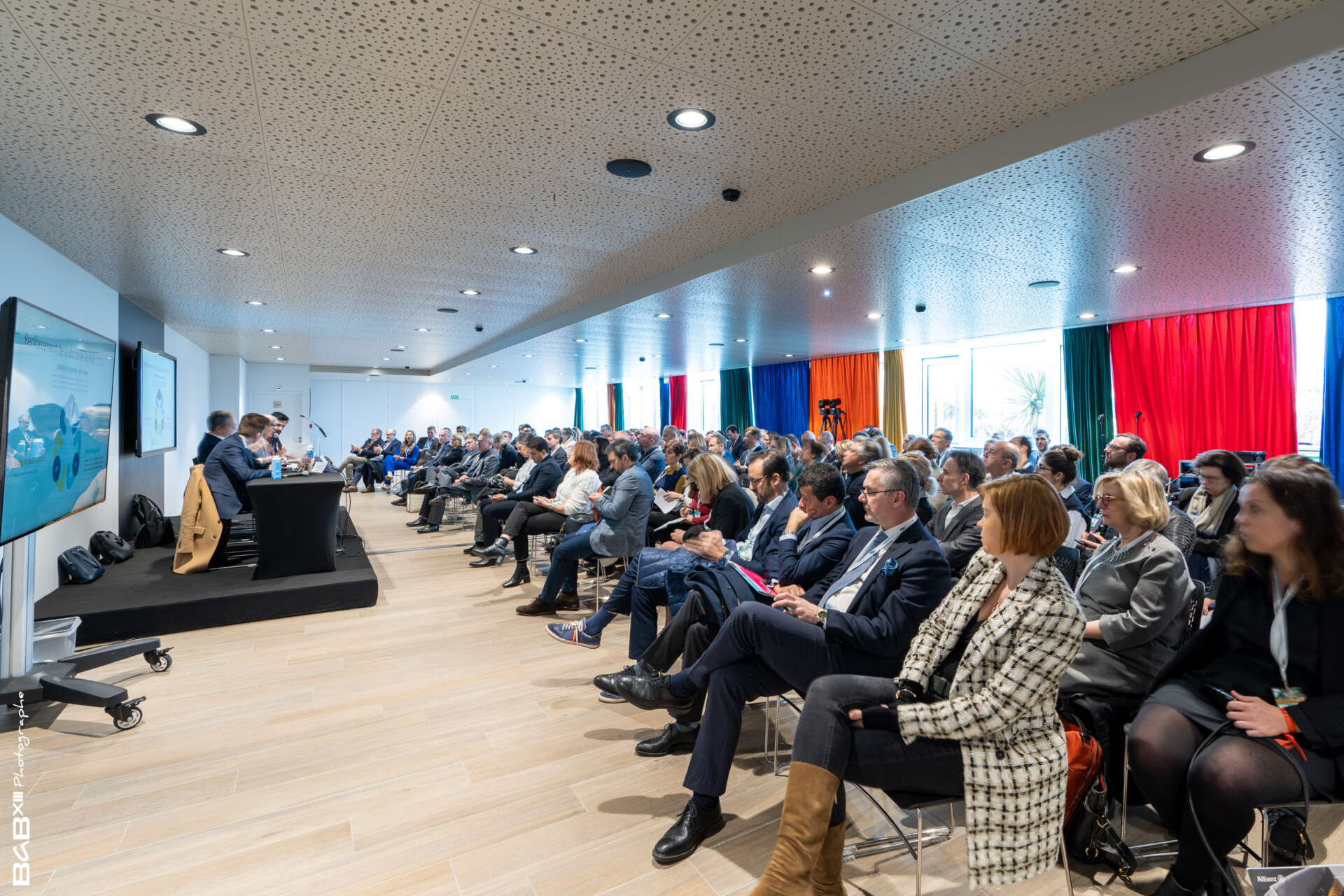
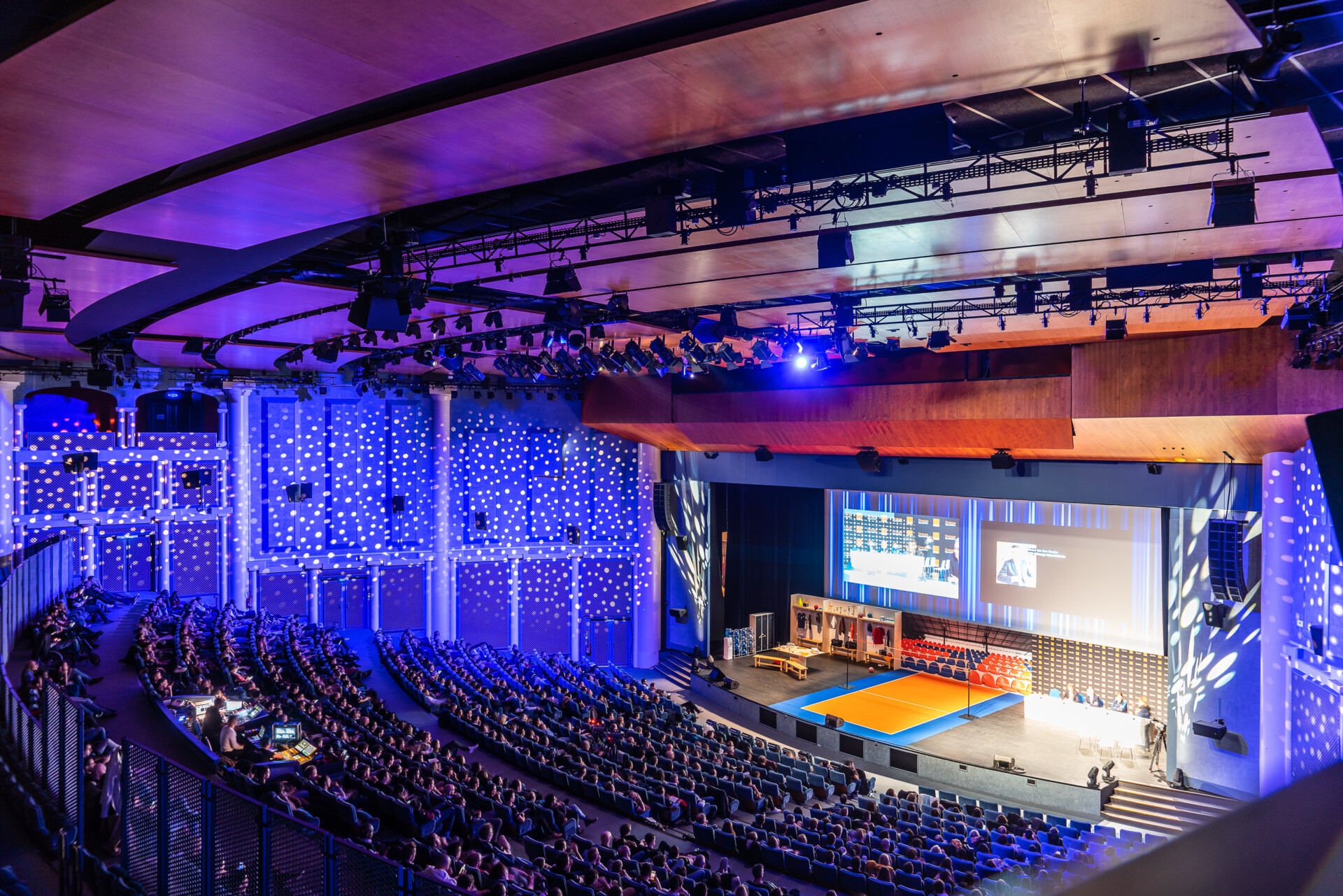
Deauville offers an exceptional setting for a conference in France
Deauville is a prestigious destination on the Normandy coast, renowned for its elegant beaches, charming architecture and refined ambience. Organizing a symposium in this environment offers participants a pleasant and inspiring setting, conducive to reflection and creativity.
Deauville is easily accessible
Deauville enjoys excellent accessibility, whether by air, rail or road. The nearest international airport is Deauville-Normandie, and the Deauville-Trouville train station is well served by trains from major cities. What’s more, the Palais des Congrès is easily accessible by car, with parking lots nearby.
Quality services and accommodation for your conference
The Palais des Congrès CID Deauville offers a wide range of services to facilitate the organization of your event, such as catering, exhibition space, registration and welcome services. In addition, Deauville offers a variety of accommodation options, from luxury hotels to more affordable establishments, to meet the needs of all participants.
Business tourism: activities and entertainment
Deauville offers a wide range of activities and entertainment for conference participants, from cultural visits and beach walks to relaxing spa sessions, golf sessions and gastronomic discoveries. These activities enable participants to relax and forge informal links outside the academic sessions.
CID is a prestigious and renowned setting for a successful conference
The Palais des Congrès CID Deauville is renowned for hosting prestigious, internationally renowned events. Organizing a symposium in this emblematic venue adds a touch of prestige to the event, and can attract a greater number of participants and high-level speakers.
In short, the colloquium is an essential event for researchers and professionals wishing to share their work, exchange with their peers and develop their network. Its organization requires meticulous planning and rigorous follow-up to ensure its success. The colloquium plays an essential role in the development of knowledge and the dynamics of scientific research, by enabling the sharing of information, the discussion of innovative ideas and the bringing together of researchers and experts from diverse backgrounds. It thus contributes to the enrichment of knowledge and the advancement of know-how in a wide range of fields.
